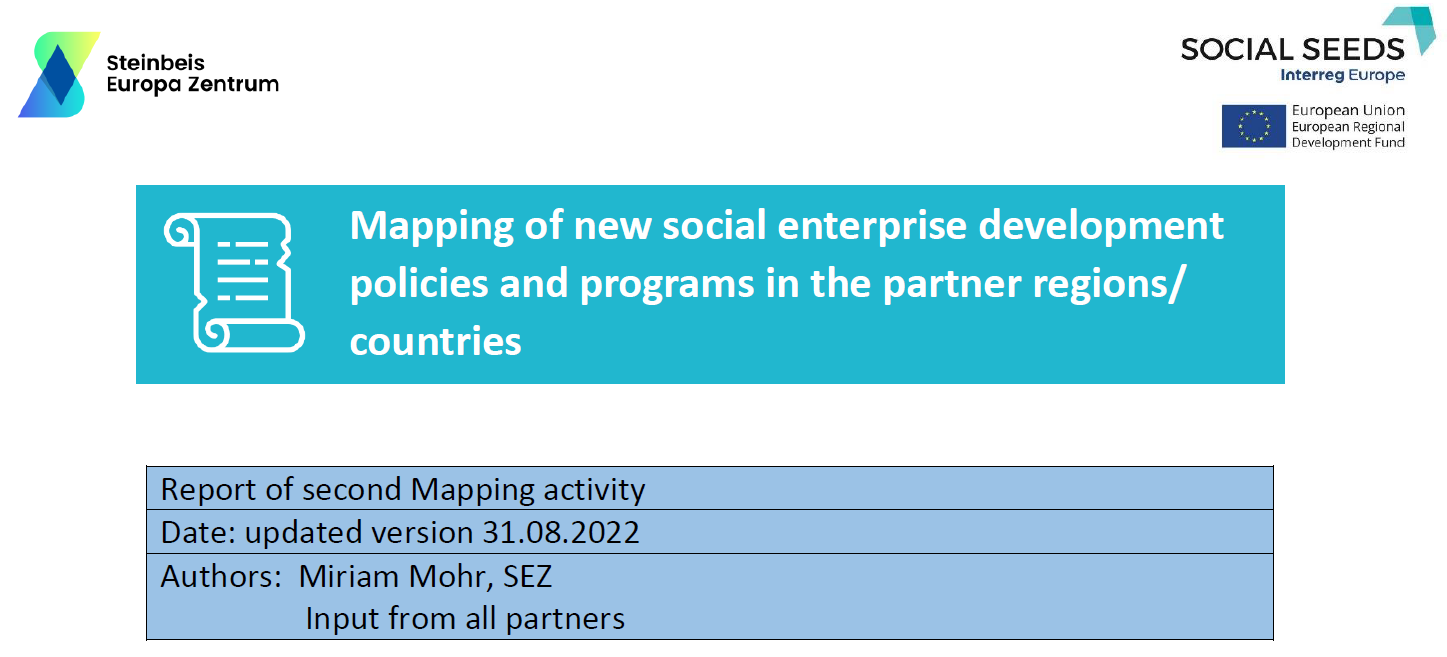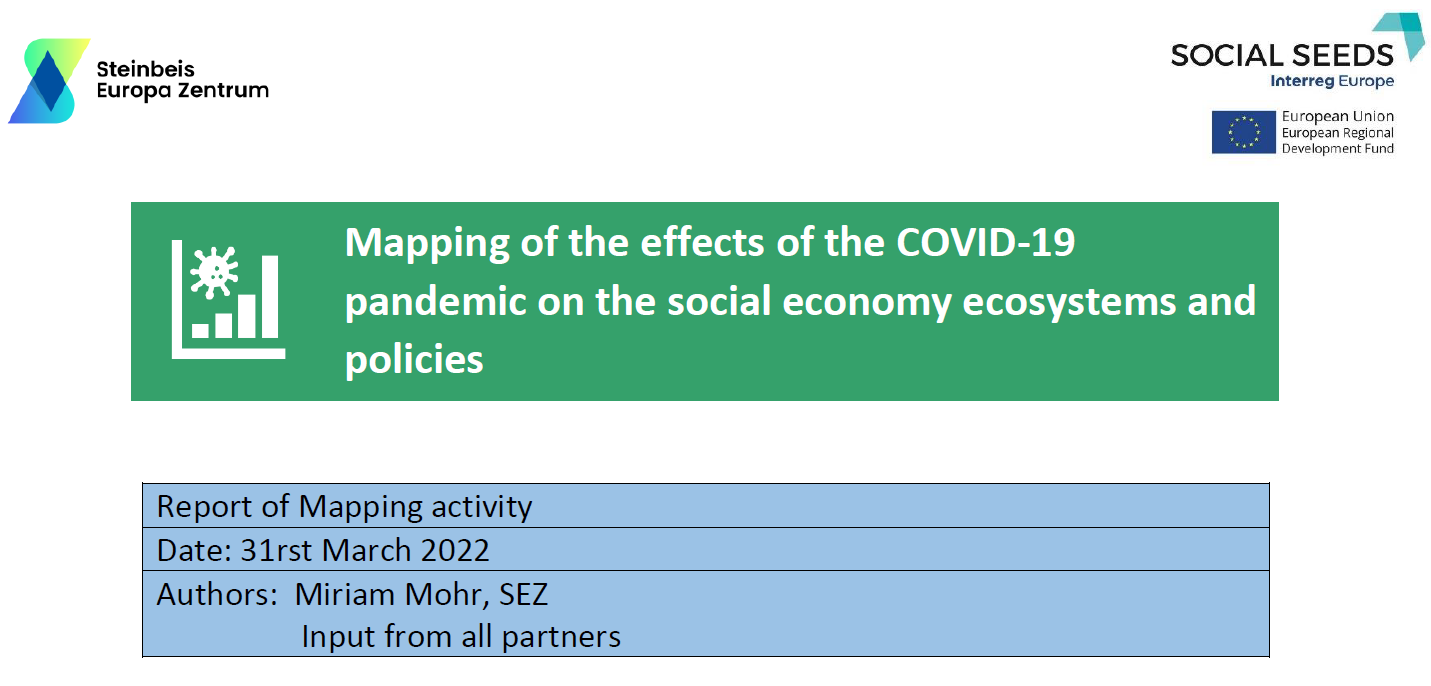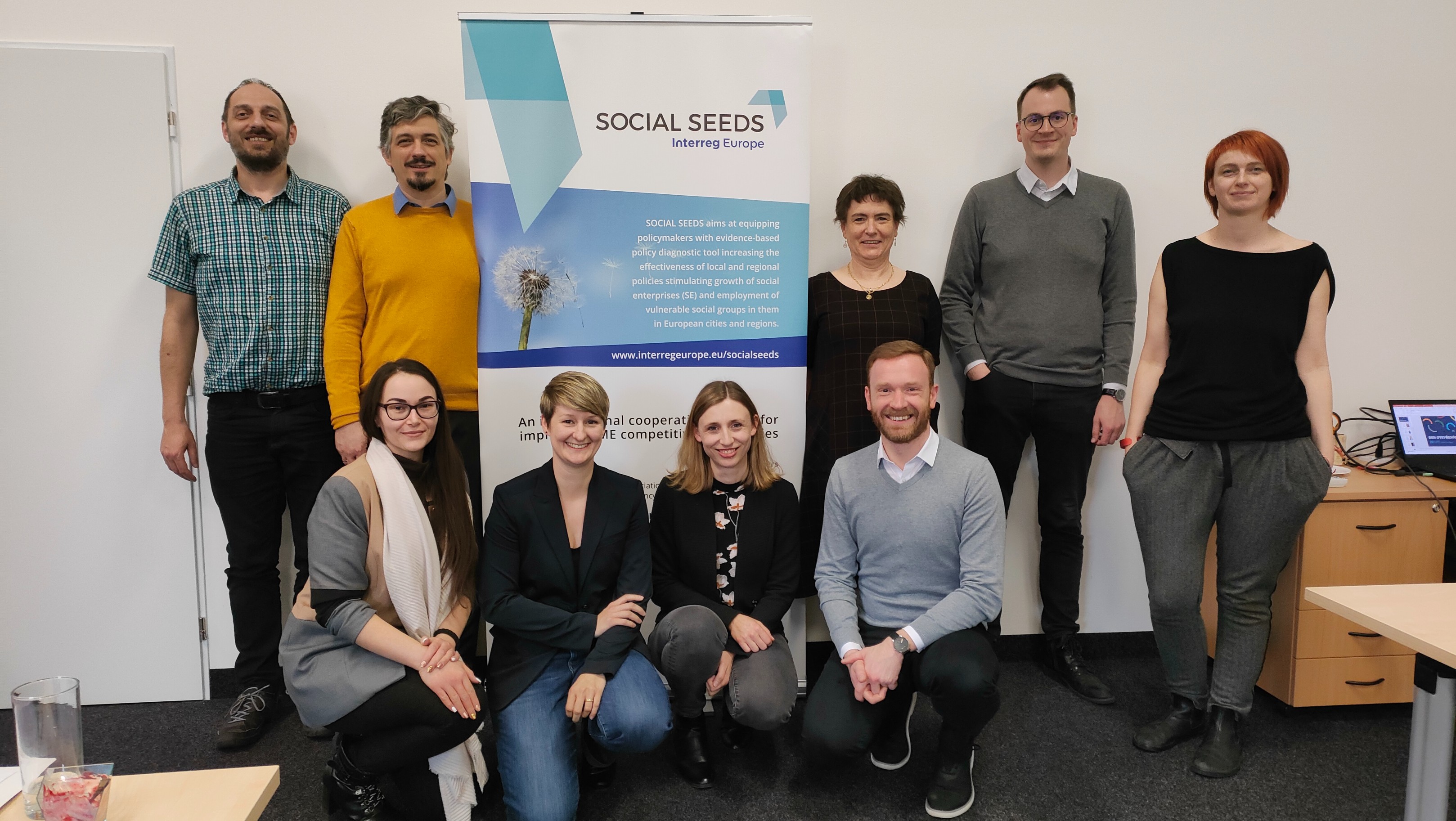New report on Social Enterprises
A new report called Social Enterprises and their ecosystems in Europe was recently published by the European Commission in order to deepen the general knowledge about Social Enterprises, with the aim of comprehending this phenomenon that is growing all across Europe but is not quite understood. This is, in part, due to the differences that can be found in every country regarding, (most especially) the legislative framework.
This report is the continuation of a work that has been developed by the European Commission since 2011 with its communication on the Social Business Initiative (SBI). Such communication was followed by a study conducted in 2014 with the aim of mapping social enterprises and their ecosystems in 29 States; and an update in 2016, in seven different States, completing it with the rest of Member States plus seven neighbouring countries participating in the Employment and Social Innovation Programme in the period 2018-2020.
Social enterprises at a glance:
According to the report, social enterprises are: “businesses whose primary goal is to generate positive social impact. […] Some of them deliver essential care services, some focus on providing job opportunities for disadvantaged groups, and others address a wider range of societal challenges, such as achieving sustainable development goals” . They represent a trend in the European states as they are growing in number.
Every country is facing social enterprises differently, regulating them, or not, in various ways. That regulation conforms the ecosystem that the social enterprises find themselves in. The report, then, harmonizes the information obtained by the countries’ reports in order to make the data and knowledge accessible and comparable in a simpler way, gathering all member states in a single document.
The report’s content, is divided in five different sections, including the evolution of social enterprises, their size and legal types or trends, opportunities and challenges the social economy will have to face in the future. The larger part of the document is concentrated on the comparative perspective, comprising of different aspects, such as: their capacity to self-organise, public recognition, access to resources or education and skills development.
A key finding of the report is that national regulation is a proficient tool to improve and enhance the advancement of social businesses if it is specific for this purpose and can acknowledge all their characteristics and capacities. However, in countries where the legislation is not wide enough to involve these enterprises, social economy finds its growth capped by a very important obstacle.
To see and download the entire document, click here.









